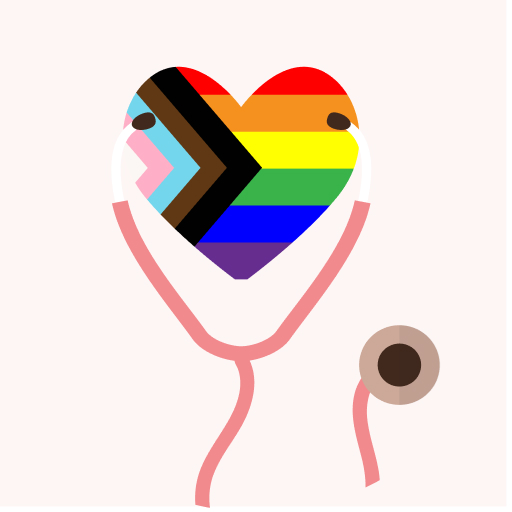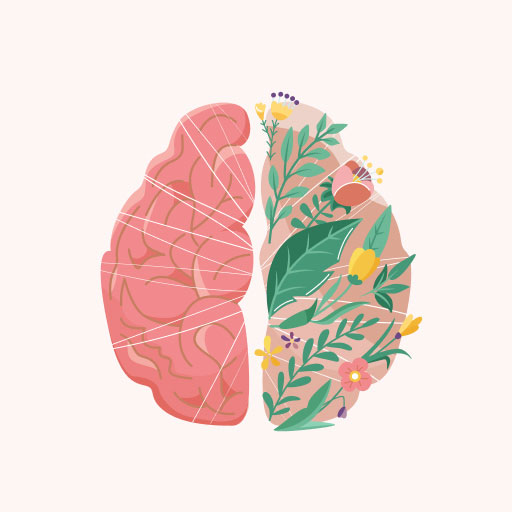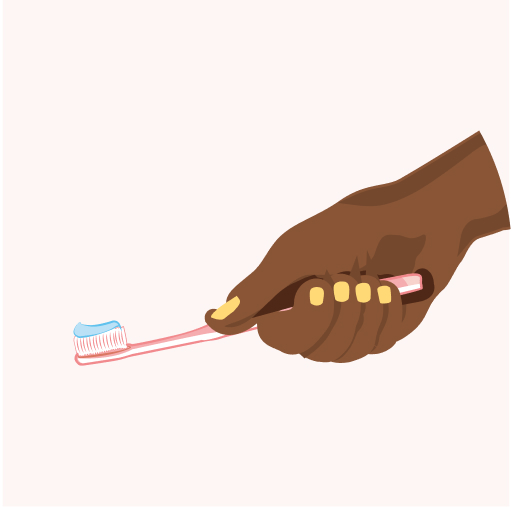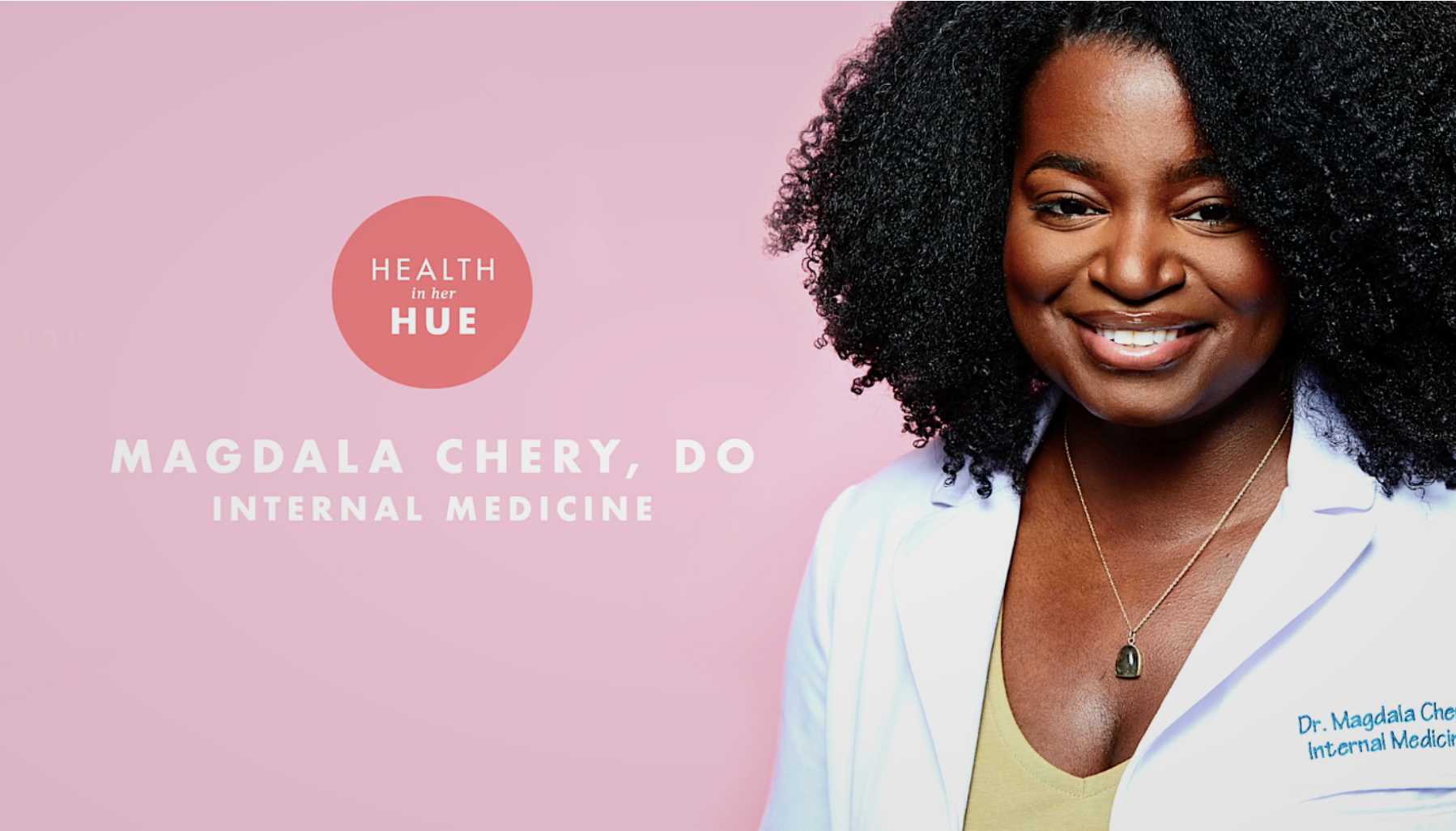Lupus Signs: What Black Women Need to Know
Lupus symptoms Black women experience are often overlooked or misdiagnosed. That’s why it’s crucial to understand the signs early and advocate for your care.
Ladies, let’s have a real talk about lupus – a condition that affects Black women at higher rates than any other group. As someone who cares deeply about our community’s health, I want to share what you need to know about this condition that too often goes undiagnosed or misdiagnosed in our sisters.
What Exactly Is Lupus?
Think of lupus as your immune system getting its wires crossed. Instead of just fighting off germs, it starts attacking healthy parts of your body too. It’s like having an overprotective friend who can’t tell the difference between someone trying to help you and someone trying to harm you.
Lupus is what doctors call an “autoimmune disease,” but let’s keep it simple: your body is essentially fighting itself, causing inflammation and damage to joints, skin, kidneys, heart, lungs, blood vessels, and even your brain.
Why Black Women Need to Pay Special Attention
Here’s the reality check: lupus isn’t playing fair when it comes to our community.
Black women are diagnosed with lupus 3 times more often than white women, with some studies suggesting the rate may be even higher. Studies show that 1 in 537 Black women will develop lupus, compared to 1 in 1,153 white women. (Source: Lupus Foundation of America)
And it’s not just about getting lupus more often. The truth is even more concerning:
Black women tend to develop lupus at younger ages, experience more serious complications, and have higher mortality rates from lupus than other groups. (Source: Centers for Disease Control and Prevention)
This isn’t meant to scare you, but to empower you with knowledge. The earlier you recognize the signs, the better your chances of managing this condition effectively.
Lupus Symptoms Black Women Shouldn’t Ignore
Lupus symptoms Black women can be tricky because its symptoms often mimic other conditions. Plus, symptoms can come and go, making you think you’re all better when you’re not. Here are key signs to watch for:
1. That Butterfly Rash
One of the most recognizable signs of lupus is a rash across your cheeks and nose in the shape of a butterfly. But heads up – this can be harder to spot on darker skin tones.
While the classic “butterfly rash” appears in about 40-50% of people with lupus, it may appear as darkened skin rather than redness in Black women, making it easier to miss. (Source: Wikipedia)
2. Extreme Fatigue
We’re not talking about being tired after a long day. This is the kind of exhaustion that doesn’t go away even after a full night’s sleep. If you’re constantly drained no matter how much rest you get, pay attention.
3. Joint Pain and Swelling
If your joints are hurting, stiff, or swollen, especially in your hands, wrists, or feet, this could be a sign. Many women dismiss this as “just getting older” – don’t make that mistake.
4. Unexplained Fevers
Low-grade fevers that come and go without any obvious infection? That’s your body’s inflammation response potentially signaling lupus.
5. Sun Sensitivity
Does being in the sun make you feel sick or cause rashes? Photosensitivity is common with lupus, and yes, Black women can be photosensitive too, despite our melanin.
6. Hair Loss
Noticing your edges thinning or patches of hair falling out? While there are many causes of hair loss in Black women, including our styling practices, unexplained hair loss could be lupus-related.
7. Chest Pain or Shortness of Breath
Lupus can affect your heart and lungs. If you’re having chest pain or trouble breathing, especially with activity that wasn’t difficult before, get checked.
The Diagnosis Journey: Be Your Own Advocate
Studies show that Black women often face longer delays in diagnosis, with an average of 2-3 years from symptom onset to diagnosis compared to 1-2 years for white women. (Source: Lupus Foundation of America)
Here’s the real: our pain is often dismissed in medical settings. We’re told we’re “just stressed” or “need to lose weight” when there’s actually something serious happening. This is why self-advocacy is crucial.
If you’re experiencing symptoms:
- Track everything: Keep a journal of your symptoms, when they occur, how long they last, and what makes them better or worse.
- Find the right doctor: Seek out a rheumatologist who has experience treating Black women with lupus. Don’t be afraid to ask about their experience with patients like you.
- Bring backup: Take a friend or family member to appointments who can help advocate for you.
- Be persistent: If you feel dismissed, say, “I understand you don’t think it’s lupus, but what tests can we do to rule it out?” Sometimes you need to be firm to get proper care.
Living Well With Lupus as a Black Woman
If you are diagnosed, know this: lupus doesn’t have to define your life. Many Black women with lupus lead full, active lives by:
- Taking medications as prescribed
- Protecting yourself from the sun (yes, even with melanin)
- Getting regular exercise when you’re feeling up to it
- Eating an anti-inflammatory diet rich in fruits, vegetables, and omega-3 fatty acids
- Managing stress through meditation, prayer, or whatever centers you
- Connecting with other Black women with lupus for support
Don’t Face Lupus Alone — Join Health In Her HUE
Sis, let’s keep it 100 — finding healthcare providers who actually see us, hear us, and believe our pain shouldn’t feel like searching for a needle in a haystack. That stops now.
Health In Her HUE was created for moments exactly like this – when symptoms leave you misunderstood, doctors dismiss your concerns, and you crave connection with other Black women who truly get your experience. We see you, hear you. We are you.
Ready to transform your healthcare journey?
➡️ Sign up for Health In Her HUE today and gain immediate access to:
- Culturally sensitive healthcare providers who understand how lupus presents in Black women
- Community forums where you can connect with other women navigating lupus
- Evidence-based resources created specifically for women of color
- Virtual support groups facilitated by healthcare professionals who look like you
As Lauryn Hill said, “How you gonna win when you ain’t right within?” Your health is your wealth, queen. It’s time to invest in it.
SIGN UP NOW at healthinherhue.com and join thousands of Black women who’ve found their healthcare home.
Remember, you know your body best. If something doesn’t feel right, you deserve care from providers who will listen. With Health In Her HUE, you’re never alone on this journey.
Your health matters. You matter. And there’s a community ready to support you every step of the way. Be sure to check out Lupus Warrior











